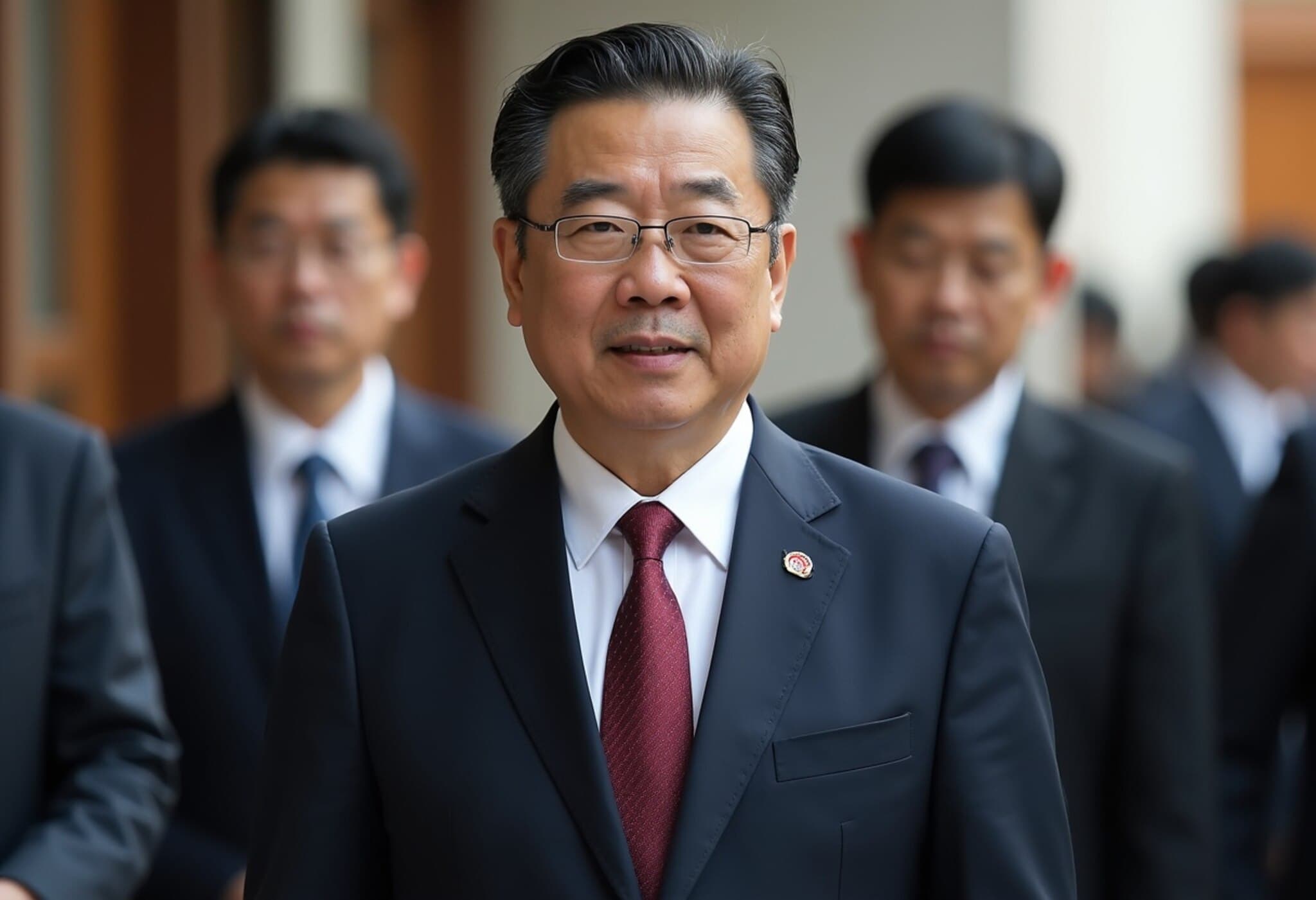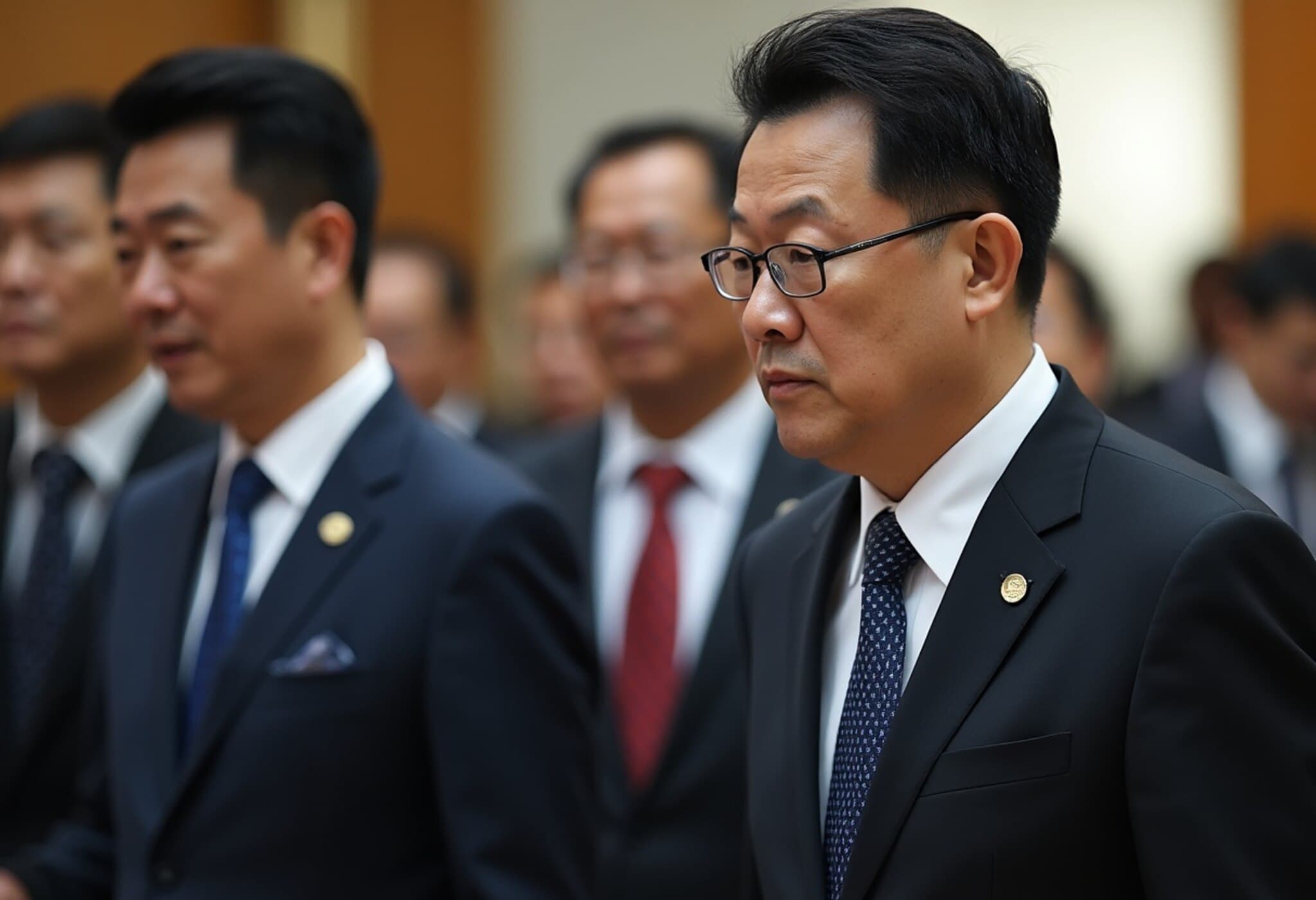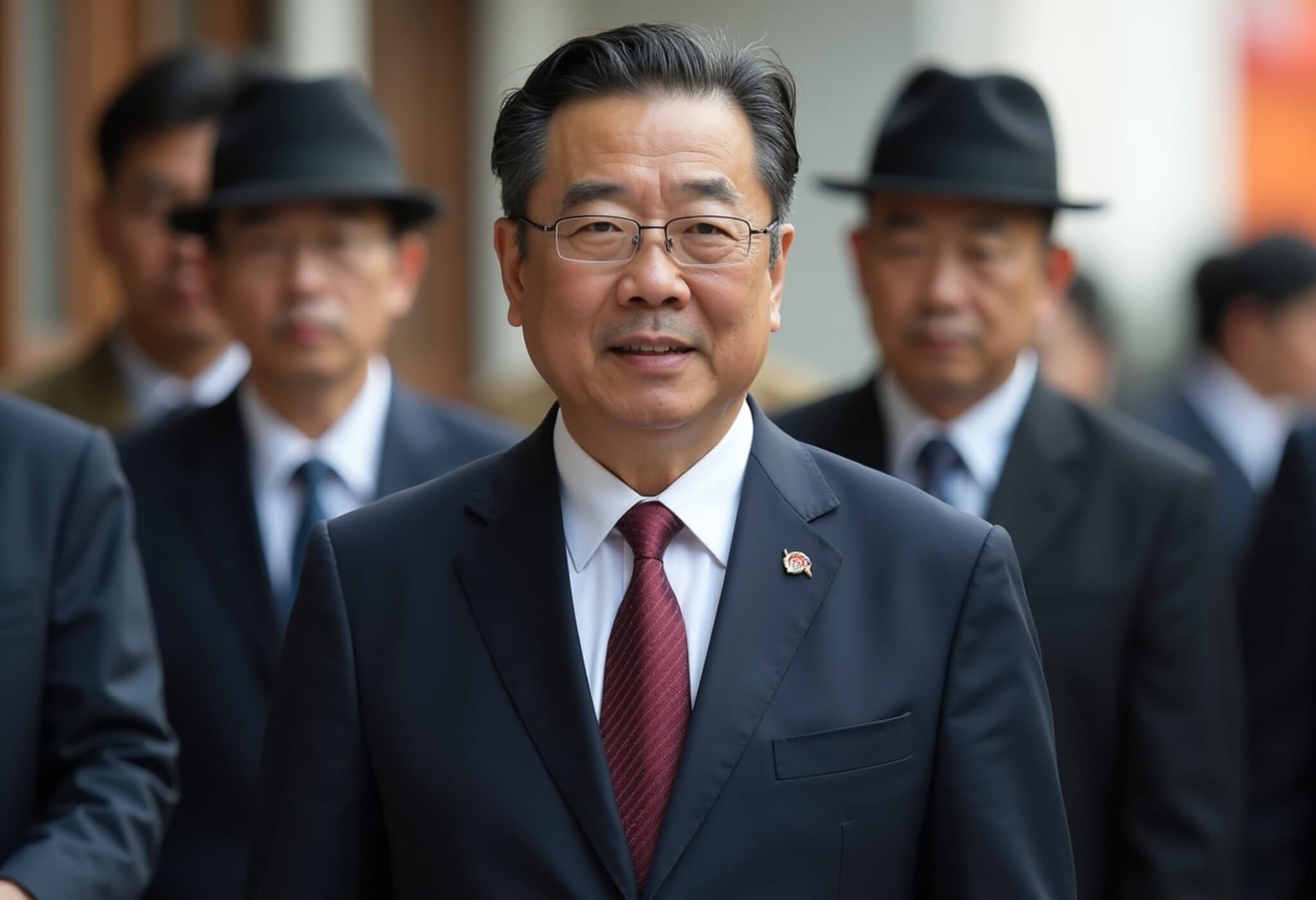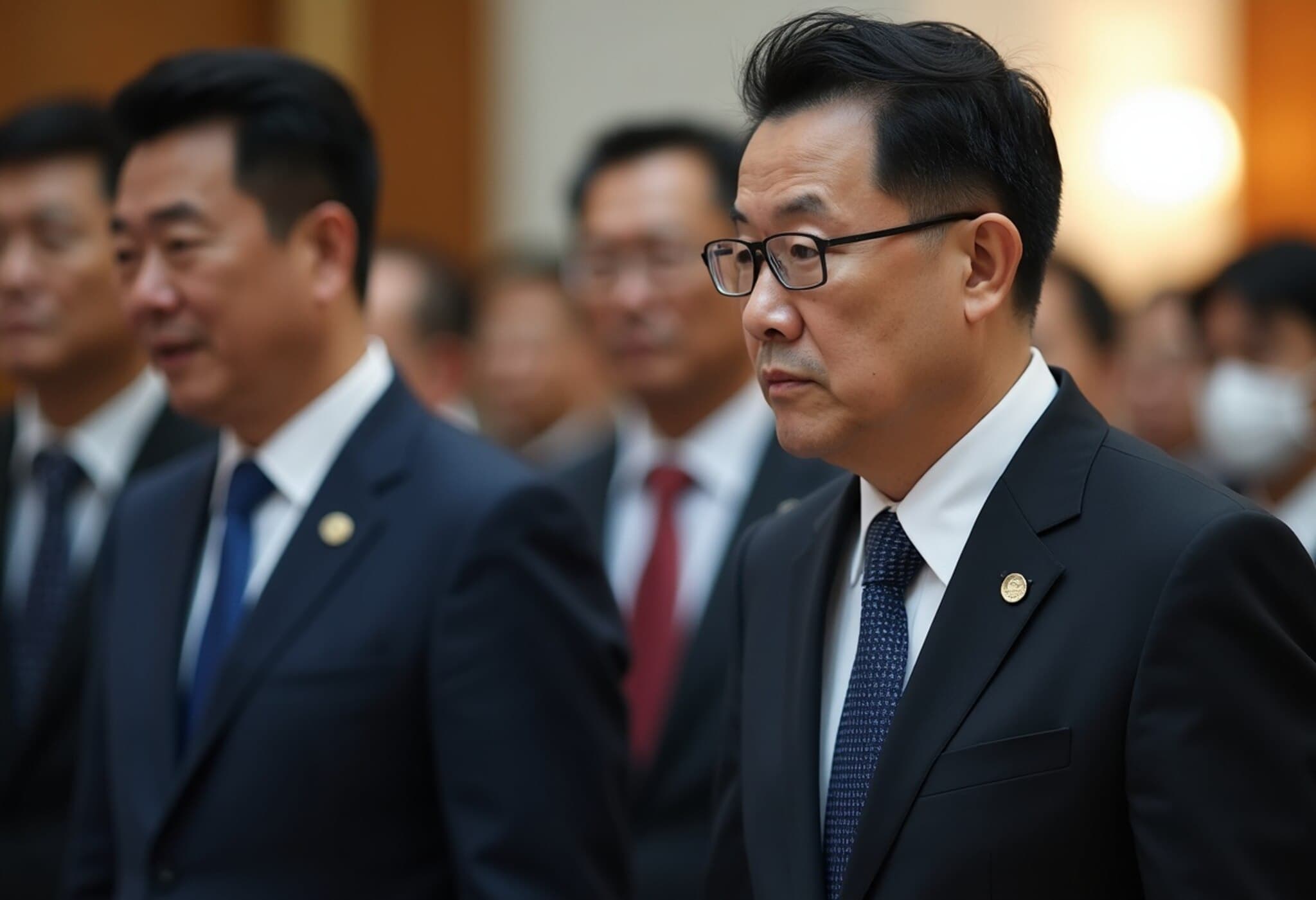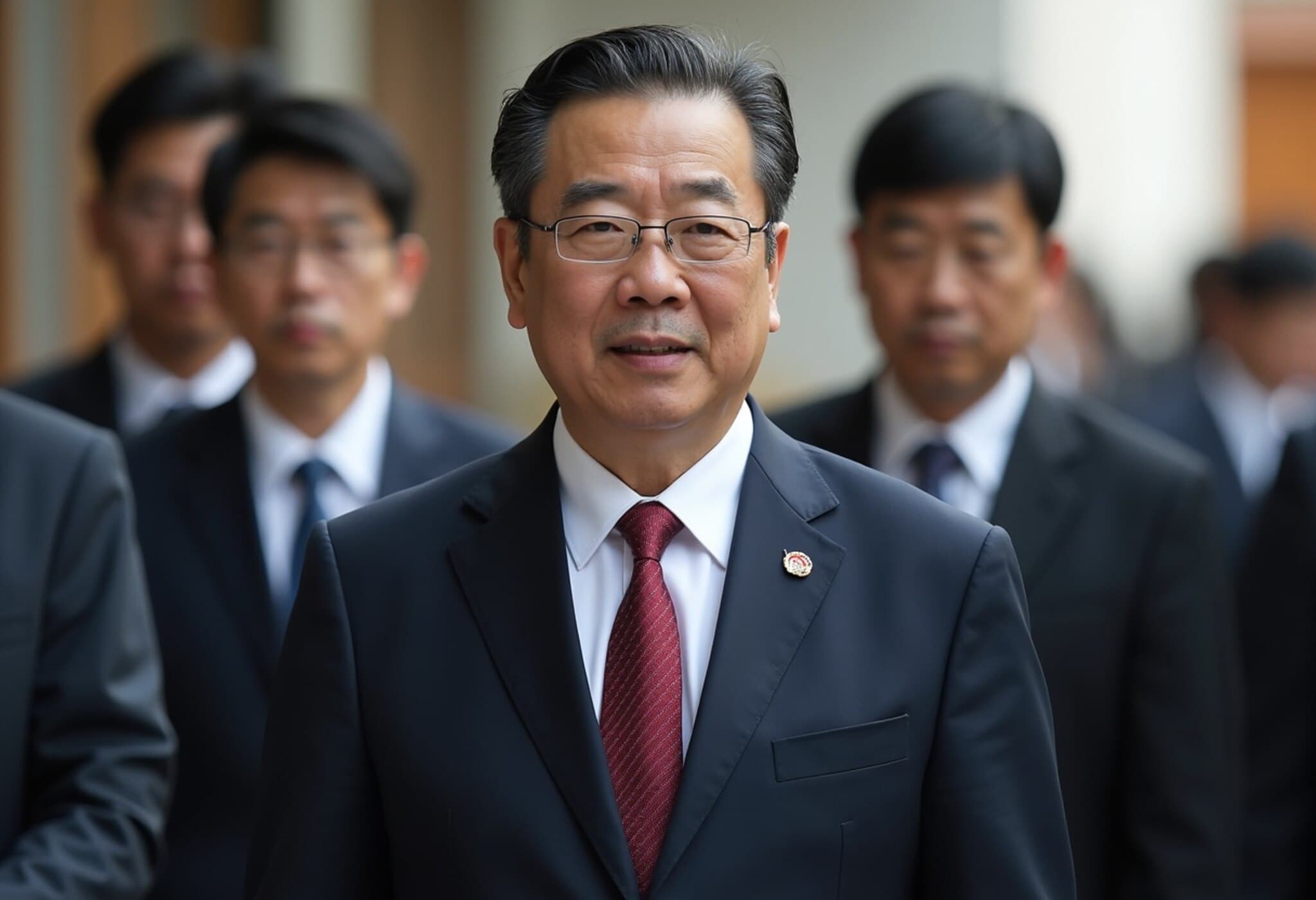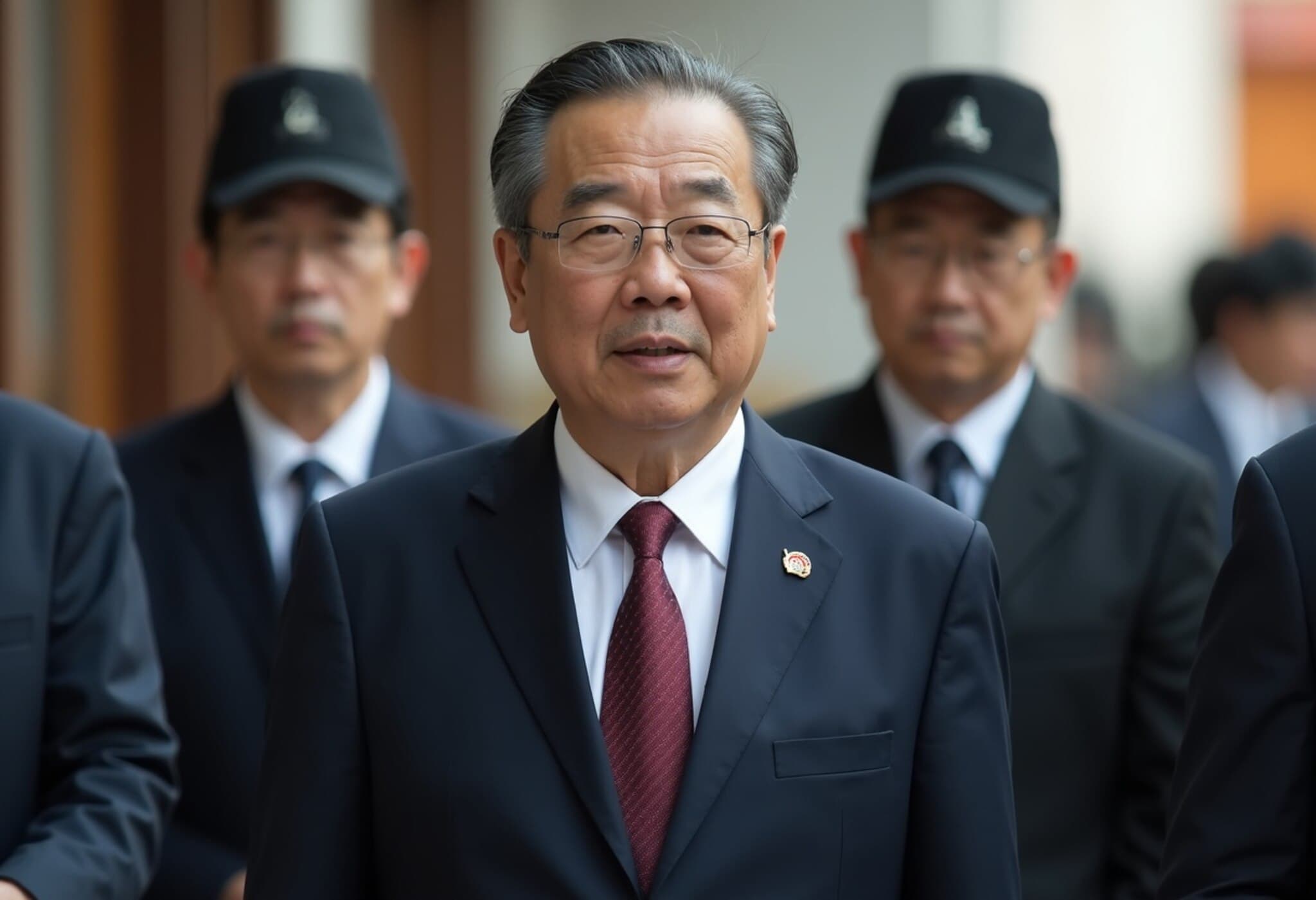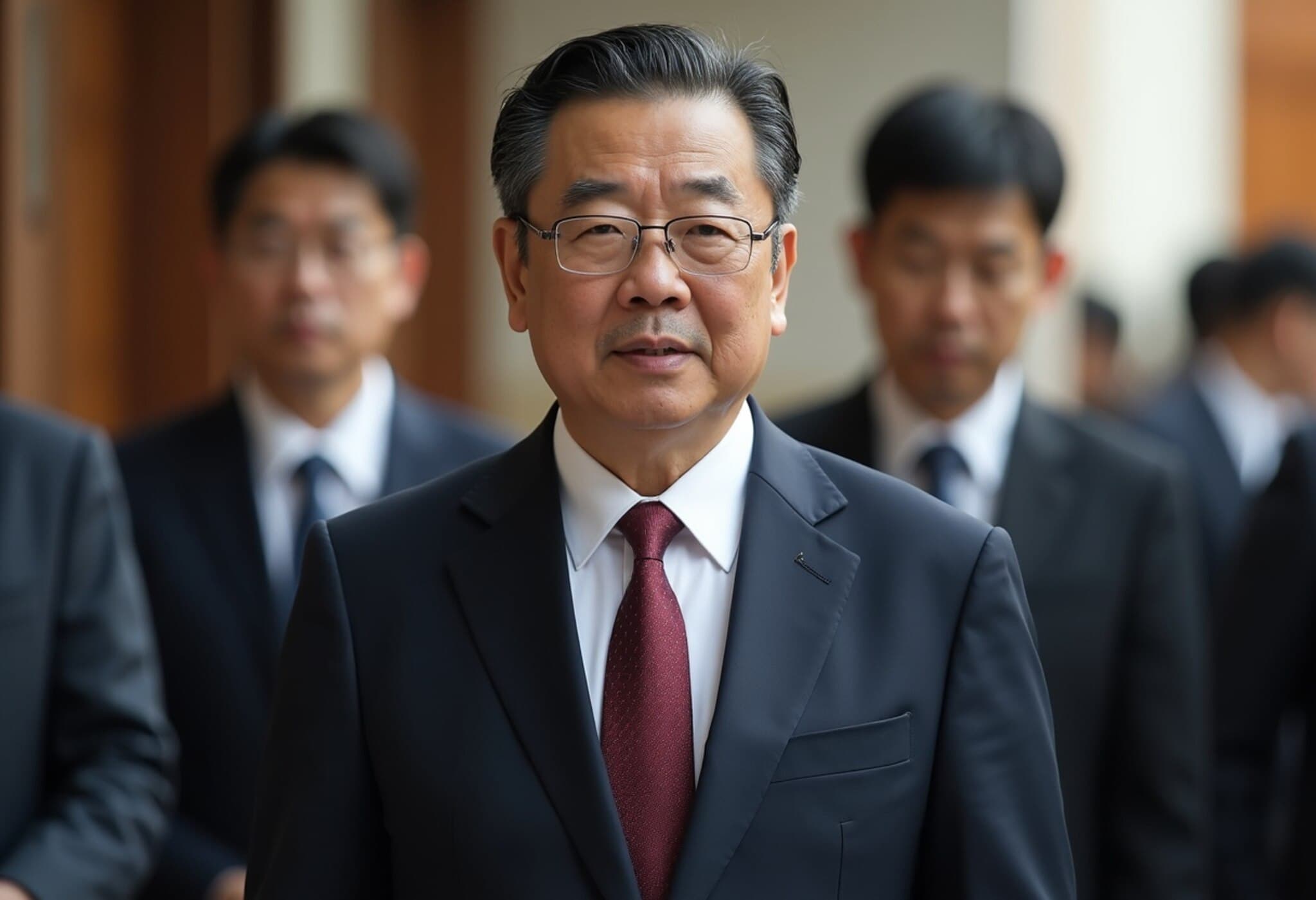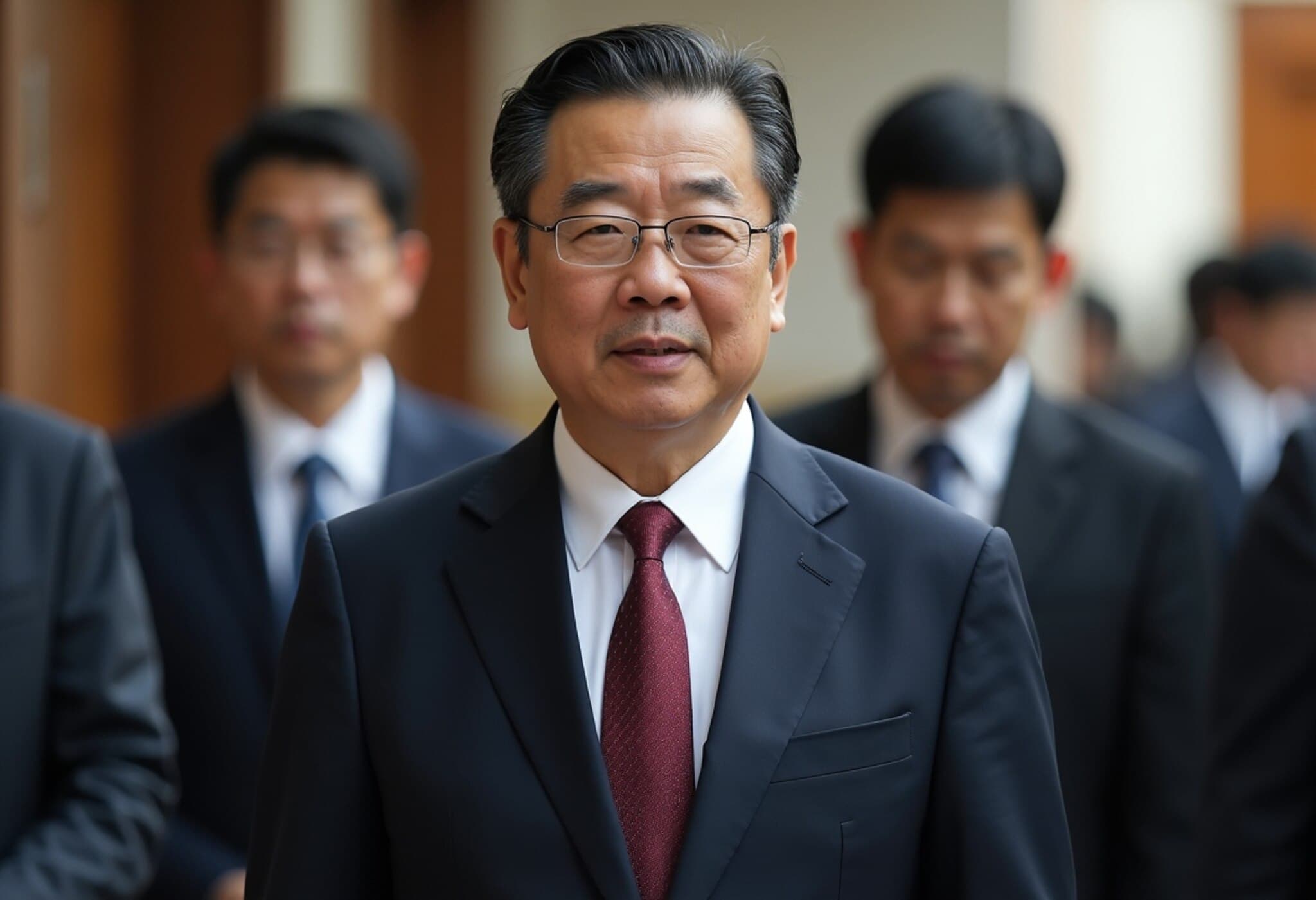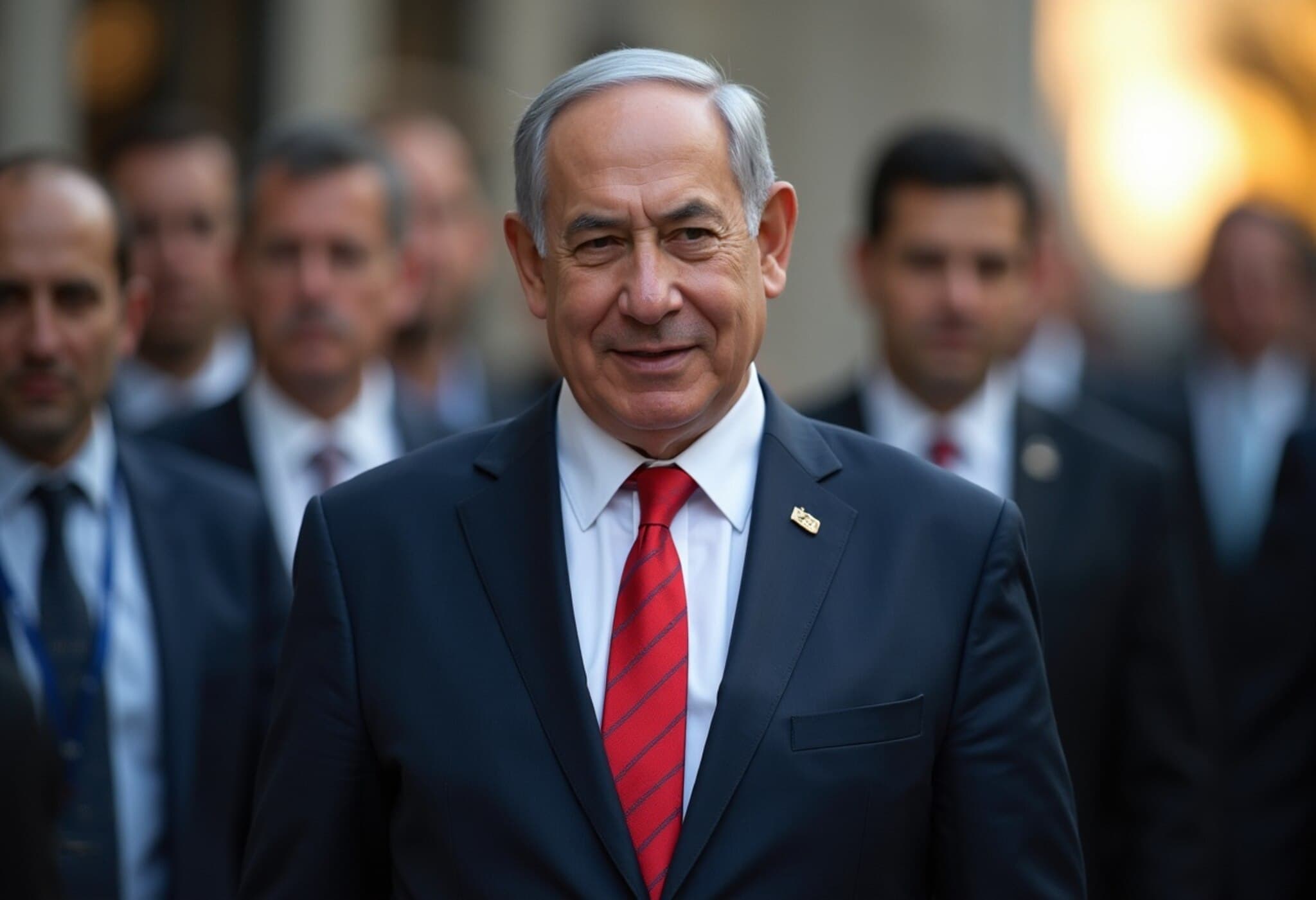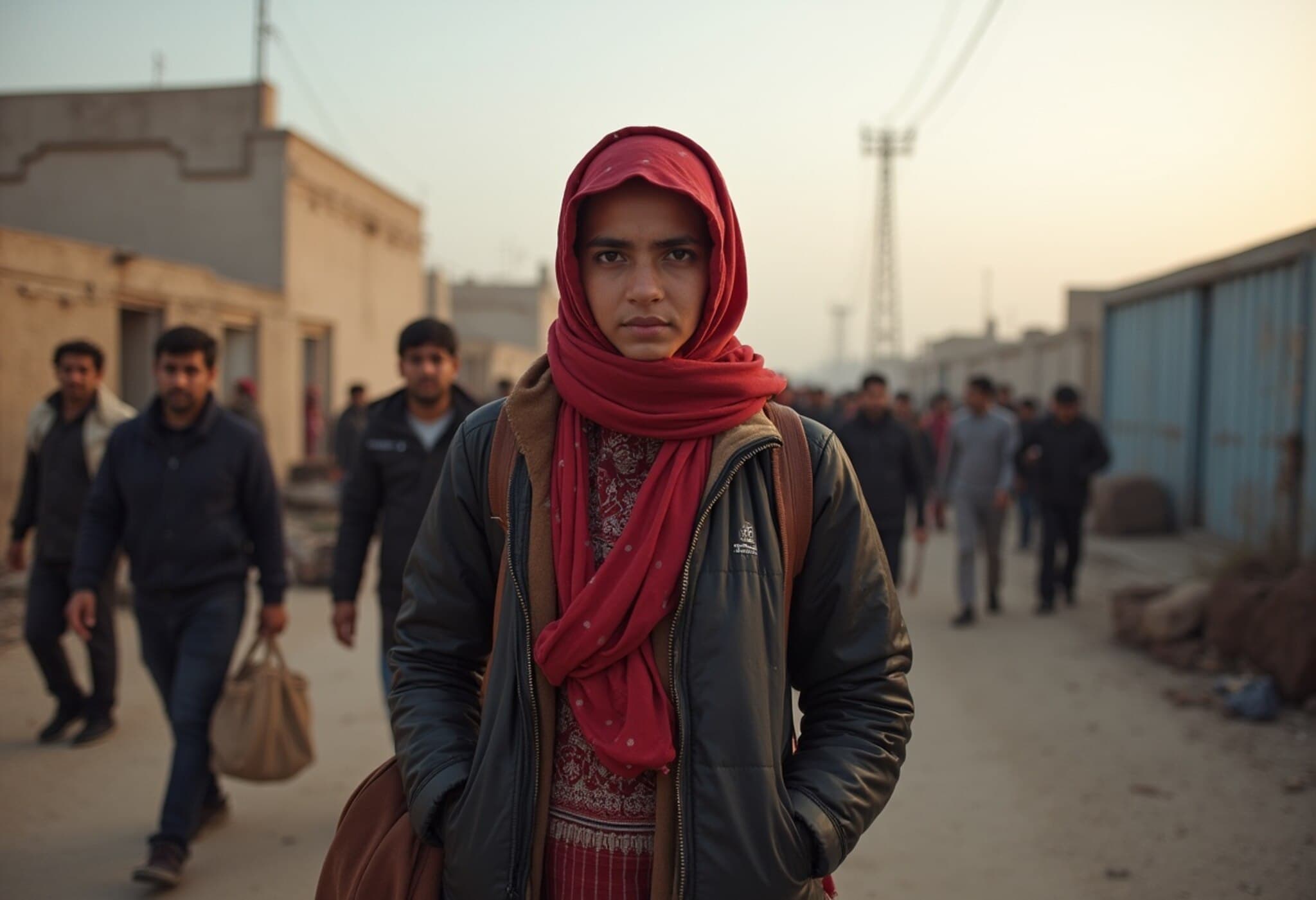South Korean Special Prosecutors Move to Detain Former President Yoon Suk Yeol
In a significant escalation of legal proceedings against South Korea's former leader, special prosecutors filed a request on July 6, 2025, seeking the detention of ex-President Yoon Suk Yeol. The request centers around allegations of abuse of power and obstruction of justice linked to Yoon’s controversial decision to declare martial law during a turbulent political standoff last year.
Background: The December 3 Martial Law Incident
On December 3, 2024, Yoon issued a unilateral martial law declaration intended to quell escalating political tensions. The move, however, lasted only about six hours before lawmakers swiftly overturned it. The moment was emblematic of a fraught political climate — some parliament members reportedly scaled the National Assembly walls to bypass security forces blocking access and cast votes rejecting the measure. This unprecedented resistance highlighted deep fractures in South Korea’s democratic institutions.
Legal Proceedings and the Special Counsel's Charges
Prosecutor Park Ji-young, representing the special counsel, stated, "Today, we filed a request for a detention warrant with the Seoul Central District Court on charges including abuse of power and obstruction of official duties by former President Yoon Suk Yeol." This is part of a broader investigation into what prosecutors describe as an attempted insurrection by abusing executive authority.
Yoon was interrogated for several hours on July 5, marking another chapter in a series of legal battles closely watched by both domestic and international observers. Last week, the court had dismissed an initial arrest warrant request after Yoon agreed to cooperate with questioning, though prosecutors believe the evidence has strengthened enough to warrant detention at this stage.
Defense Response and Wider Political Implications
Yoon’s legal team has vehemently rejected the detention application, describing it as lacking credible evidence. They declared their intent to challenge the warrant request vigorously in court, portraying it as politically motivated and an affront to due process.
This unfolding drama continues to polarize South Korean society. Human rights organizations and political analysts alike have expressed concern over the ramifications of invoking martial law, cautioning against the potential erosion of civil liberties and the misuse of emergency powers in a democracy. The case raises far-reaching questions about executive reach, legal accountability, and the robustness of democratic checks and balances in South Korea.
Expert Insight: Lessons for Democratic Governance
From an expert vantage point, Yoon’s detainment request is not simply a legal episode but a flashpoint demonstrating the fragility and resilience of democratic institutions under stress. As observed in numerous democracies, where misuse of emergency powers led to lasting political crises, South Korea’s judiciary now holds a critical responsibility to uphold the rule of law transparently.
Legal analysts emphasize that this case will set important precedents regarding how democracies confront executive overreach. Furthermore, it reflects broader trends in Asian democracies grappling with populist leadership and institutional constraints.
Conclusion
The request to detain former President Yoon Suk Yeol spotlights a pivotal moment in South Korea’s democratic journey. How the courts, political actors, and society respond could resonate well beyond this nation’s borders, underscoring the delicate balance between authority and liberty in contemporary governance.
Editor's Note
This ongoing investigation invites readers to reflect on the complexities inherent in democratic leadership and accountability. When leaders deploy extraordinary powers, the safeguards to prevent abuses must be equally robust and transparent. As South Korea navigates this legal and political crucible, one must consider: How can democracies reinforce institutional resilience without compromising decisive governance in times of crisis?

